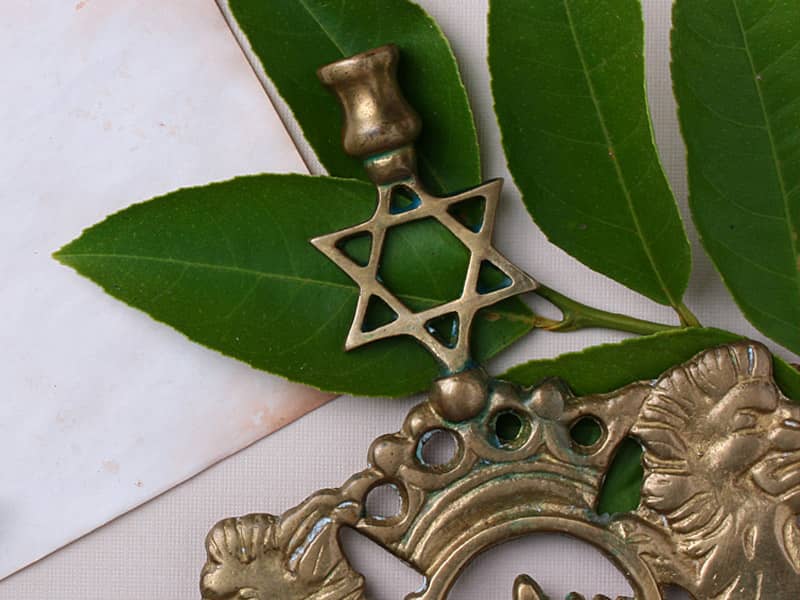 |
 |
 |
 |
|
|||
 |
But God's commandment to "turn and get into the wilderness" initiates the most severe and widely applied punishment that freezes and even seems to reverse this process of redemption.
The story of this drawn-out death sentence begins with the 12 spies, each representing a tribe of Israel, sent into the Land of Canaan to reconnoiter the land on the people's behalf.
"Go up this way by the south and see the country what it is, and the people who dwell in it, whether they are strong or weak, few or many, and what the land is that they dwell in, whether it is good or bad and what cities they dwell in, whether in tents or in strongholds, and what the land is, whether fat or lean, whether there are trees in it or not. And be of good courage and bring of the fruit of the land."
The Bible explains that the spies competently scoped out the land and returned with the fruit, including a cluster of grapes so large that it required two men to carry it between them on a pole. According to their own words, which the narrator supplies to the reader, the spies seemed to have executed their mission to the letter.
"We came to the land," they report, "and indeed it flows with milk and honey. But the people are strong who dwell in the land and the cities are fortified and very great; and moreover we saw the children of Anaq there. Amaleq dwells in the land of the Negev."
Though God is never clear on what the spies do to incite His anger, what they offer next, conclusions of pessimism and despair, might comprise the "evil report of the land," as it comes to be known, a report that causes all the trouble. The spies return believing that the land's inhabitants "are stronger than we," "are men of great stature," and illustrate that "we were in our own sight as grasshoppers, and so we were in their sight." The immense cluster of grapes they have brought back only seems to corroborate their statements about giants inhabiting the land. In general, there is no indication that the spies are expressing anything but genuine fear.
But, again, the text begs us to take a second look by inserting the Israelites' actual words into the text. And their complaints seem more complicated than even God is willing to admit to in his impatience with what He sees as a petulant, unruly people. The Israelites lament:
"Would that we had died in the Land of Egypt or died in this wilderness. Why has the Lord brought us to this land to fall by the sword that our wives and children should be a prey? Would it not be better for us to return to Egypt? Let us appoint a chief and return to Egypt."
Etched in the voices of the spies and, soon after, in the voices of the rest of the Jewish nation is the fear of the wars that they and their offspring will be obliged to wage in order to conquer the Promised Land. Clearly, they weren't bargaining on any bloodshed.
God requested that the spies provide their perception of the land, and He now seems to be, quite literally, killing the messenger. And yet--except for Joshua and Caleb, the two spies who encourage their brothers to prepare for battle and, as a result, will live to see the Promised Land--the words of the Israelites feel small-minded after all they've been through. Their slave mentality does not permit them to seem themselves as conquerors but only as Lilliputian "grasshoppers" in their own eyes and those of the others.
If you recall, Moses directed his spies to "be of good courage and bring back the fruit of the land." They returned with the fruit, but their imagination could not generate the courage necessary to see the Promised Land in other terms but sinister ones.
This might be the best reason for the Israelites who were reared in slavery to remain in the desert, to be sloughed off like the old skin of a renewed nation. The generation of the desert might have been treated too severely, but they cannot muster the will to "be of good courage," and so they must turn back. Their slave mentality is just too strong, rearing its head even after they have seen the wonders that God performed for them in Egypt and at Sinai. Given that reality, God decides to wait for a new generation, born in the freedom of the Sinai desert, to conquer the land He promised to His people.

